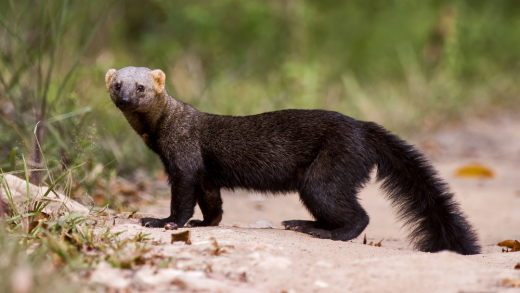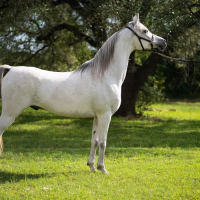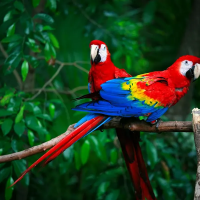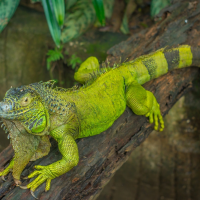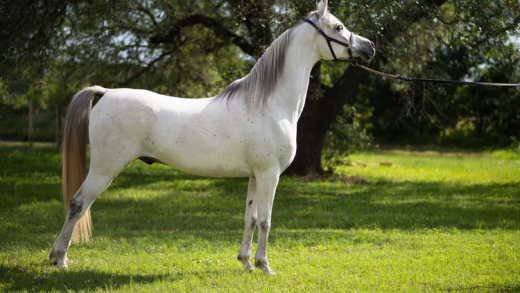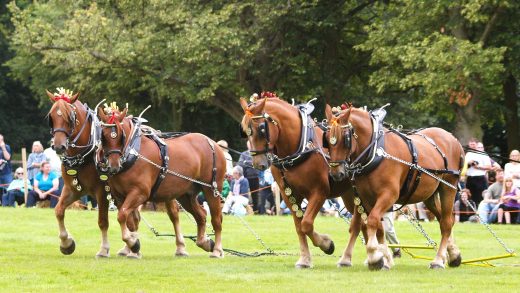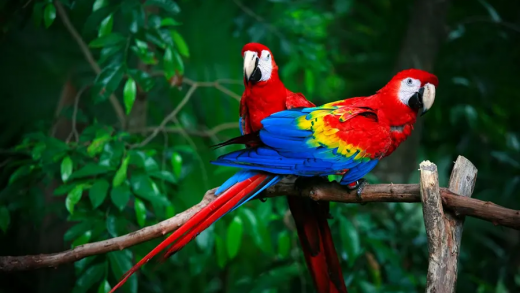
Table of Contents
Quick Facts
| Aspect | Description |
|---|---|
| Origin | Found in tropical and subtropical regions worldwide, often in humid habitats |
| Size | Typically 2 to 4 inches in body length, with leg spans up to 12 inches |
| Lifespan | Approximately 4 to 10 years in captivity |
| Coat | Covered in sensory hairs; body is flattened with elongated legs |
| Temperament | Generally docile and non-aggressive, but may be defensive if threatened |
| Exercise Needs | Low; they are sedentary and do not require specific exercise routines |
| Training Difficulty | Not trainable in traditional sense; can learn to tolerate handling |
| Health Issues | Generally hardy; main concerns are humidity levels and substrate cleanliness |
| Grooming Needs | Minimal grooming; occasional cleaning of enclosure sufficient |
| Price | Varies widely; typically ranges from $20 to $100 depending on species |
Introduction: Whip Scorpions
In this list of exotic pets, while the whip scorpion may not be as widely familiar as some of the others, it appeals to the audience of lovers of the rather peculiar. In their looks and some of their actions, the spiders from this group present a rather captivating and colorful piece of the vast biological panorama that can be observed and appreciated within the comfort of one’s home. Now let us look at why whip scorpions are such interesting pets; their history and origins, needs for whip scorpions care, as well as the whip scorpions interaction requirements.

History and Origin
Whip scorpions or Thelyphonida or vinegaroons are known to be associated with the tropics and subtropical zones of the world. This group of animals are called false scorpions although they are not even close relatives of actual scorpions and are of a different order belonging to arachnids. They are perfectly nicknamed vinegaroon since they can squirt a substance that smells like vinegar hence appending on its creepy aura.
These animals have been in existence for millions of years and have occupied different regions including the forests as well as the caves. The first written records of the leopards were provided by naturalists studying the different types of animals in the Americas, Africa, and Asia, and although these creatures are still found in the wild, they are frequently kept in captivity as well.
Physical Appearance
The look of a whip scorpion is a combination of characteristics which set them apart from more traditional kinds of pets. These animals have the elongated body, segmented end pieces, and have large, claw-like appendages called pedipalps that are similar to whips and from whence their name is derived. Usually dark brown to black in body coloration, their body surface is equipped with hairs and short bristles which help the insects in locating suitable sites as well as foods.
Whip scorpions do not possess a tail which is a stinger and this means that they are not as hostile as true scorpions as a first pet may be needed. They have eight legs with small claws on the tips, to help them with gripping and holding on particularly while in motion.
Temperament and Personality
The whip scorpions, as scary as they may look, are rather timid and tender animals if one should attempt to interact with them physically. Habit: They are mostly active during night time and they normally sneak during the day to search for small insects and any other invertebrate at night. In the event that they are domesticated they get familiar with their owners and may even show interest during petting.
It is a browser and is commonly referred to by the owners as being fairly unobtrusive and low maintenance; low interference but high compliance, even if it’s as simple as not disturbing the whip scorpion. They do not have any tendencies towards aggression, and more often than not, they scurry away or hiss, or produce their wine-like materials when threatened.

Exercise and Activity Needs
As for physical activity, whip scorpions can be considered as rather unpretentious pets. The habitat assigned to them should allow them to move and climb around because these turtles are excellent climbers and they like to lay on branches or on other accessories. This way, it is ascertained that they have sufficient physical territory where they can freely roam around and exhibit typical activities such as foraging and digging.
Grooming
Minimal grooming is needed for whip scorpions, this is mainly because whip scorpions are typically solitary creatures. They also maintain their body hygiene through friendly bugs, specialized mouth apparatus and legs are used for grooming. They only require the enclosure to be cleaned frequently from any dirt and debris with provision of clean water and proper substratum which should be similar to their natural habitat.
Health and Common Concerns
As for all other pets, Whip scorpions also need proper care to stay healthy all the time. Such factors that have to be controlled include; temperature and humidity in their habitat to resemble that of their natural habitat. They are rather heat-resistant, but there can be some issues connected with high or low humidity, or a poor diet. Average conditions for their observation and a balanced diet of insects including crickets and mealworms normally maintain their vigor.

Training and Socialization
The process of training whip scorpion mostly embraces establishing the relationship and a possible level of contact with people. Gradually disciplining and handling them, they may learn how to be picked up and can even show signs of returning their masters’ advances in some cases. Socialization entails an environment that supplies stability in terms of caregiving to avoid evoking stress.
Conclusion
Thus, whip scorpions can be viewed as a unique option for those who want to own an exotic pet with relatively moderate needs concerning its treatment. Despite some of the most unique and beautiful appearances of these lizards, they require a fair amount of preparation from responsible owners that can offer them the environment they need and diligently deal with methodical handling. Despite identifying the house whip scorpions’ history, physical requirements, and peculiarities one can grasp the joy of becoming a whip scorpions’ owner and therefore enrich their life with an extraordinary pet.
Image Source: Getty Images
People also read about: Mini Bernedoodles

